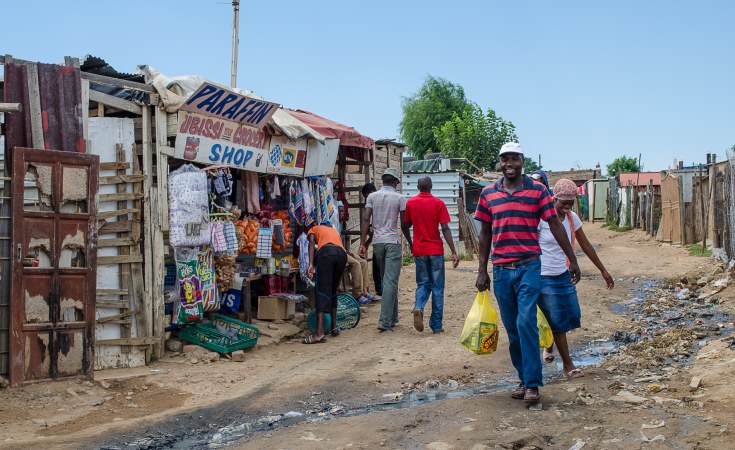Cape Town — The International Monetary Fund (IMF) on Monday approved U.S. $4,3 billion in emergency assistance to help South Africa fight the novel coronavirus pandemic.
Announcing its executive board's decision to grant the loan, the IMF said it would meet urgent balance of payment needs resulting from the Covid-19 outbreak. The loan was granted under the IMF's "rapid financing instrument", which replaced earlier programmes aimed at helping countries in the wake of natural disasters and conflict.
Although the IMF says the programme is "designed for situations where a full-fledged economic program me is either not necessary nor feasible ", democratic South Africa's first foray into seeking IMF funding is controversial within the governing African National Congress.
Opponents of the government's appeal for assistance are deeply suspicious that it is the thin end of a wedge which foreshadows further applications for funding under more stringent conditions, which might force the government to reduce public spending on social programmes and liberalise the economy. But supporters of the move point to the less stringent conditions under which help to combat the effects of the coronavirus is granted.
Explaining the loan, Geoffrey Okamoto, the IMF board's chair and first deputy managing director, said South Africa's economy has been severely hit: "A deep economic recession is unfolding as the decline in domestic activity and disruptions in the global supply chain resulting from the Covid-19 shock have added to a pre-existing situation of structural constraints, subdued growth, and deteriorating social outcomes."
While acknowledging that the government and central bank had acted quickly to address the crisis, he also pointed to the need for deeper reform in future.
"There is a pressing need to strengthen economic fundamentals and ensure debt sustainability by carrying out fiscal consolidation, improving the governance and operations of SOEs (state-owned enterprises), and implementing other growth-enhancing structural reforms," Okamoto said.
"The Covid-19 crisis heightens the urgency of implementing these efforts to achieve sustainable and inclusive growth. Specific reform commitments at the time of the October Medium-Term Budget Policy Statement will be a critical step to buttress the credibility of the reform efforts and should be followed by steadfast implementation," he added. "Efforts to preserve the central bank's inflation mandate and proactive bank regulation and supervision, particularly for small banks, will also be important."
Read the IMF's full statement: IMF Executive Board Approves US$4.3 Billion in Emergency Support to South Africa to Address the COVID-19 Pandemic


